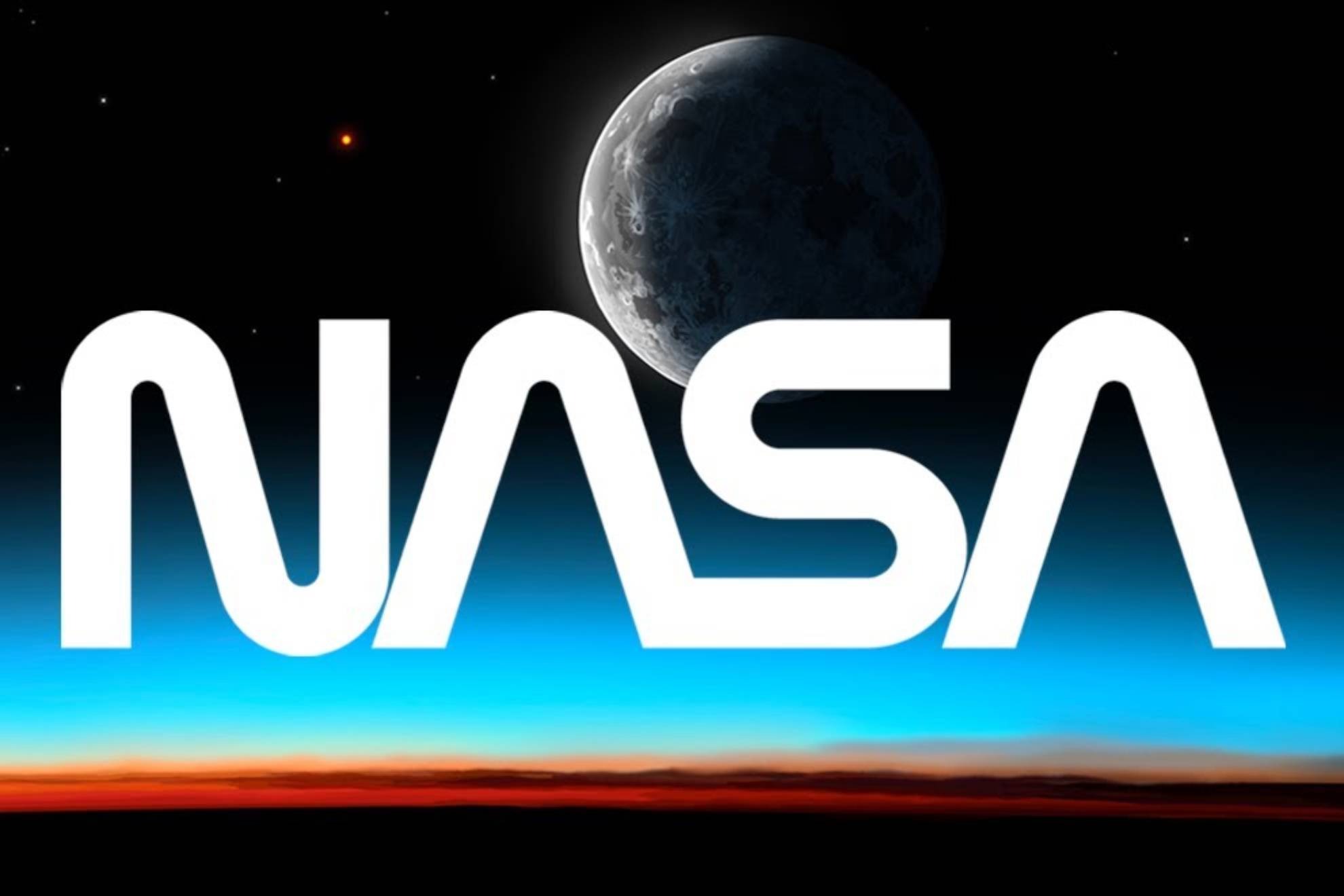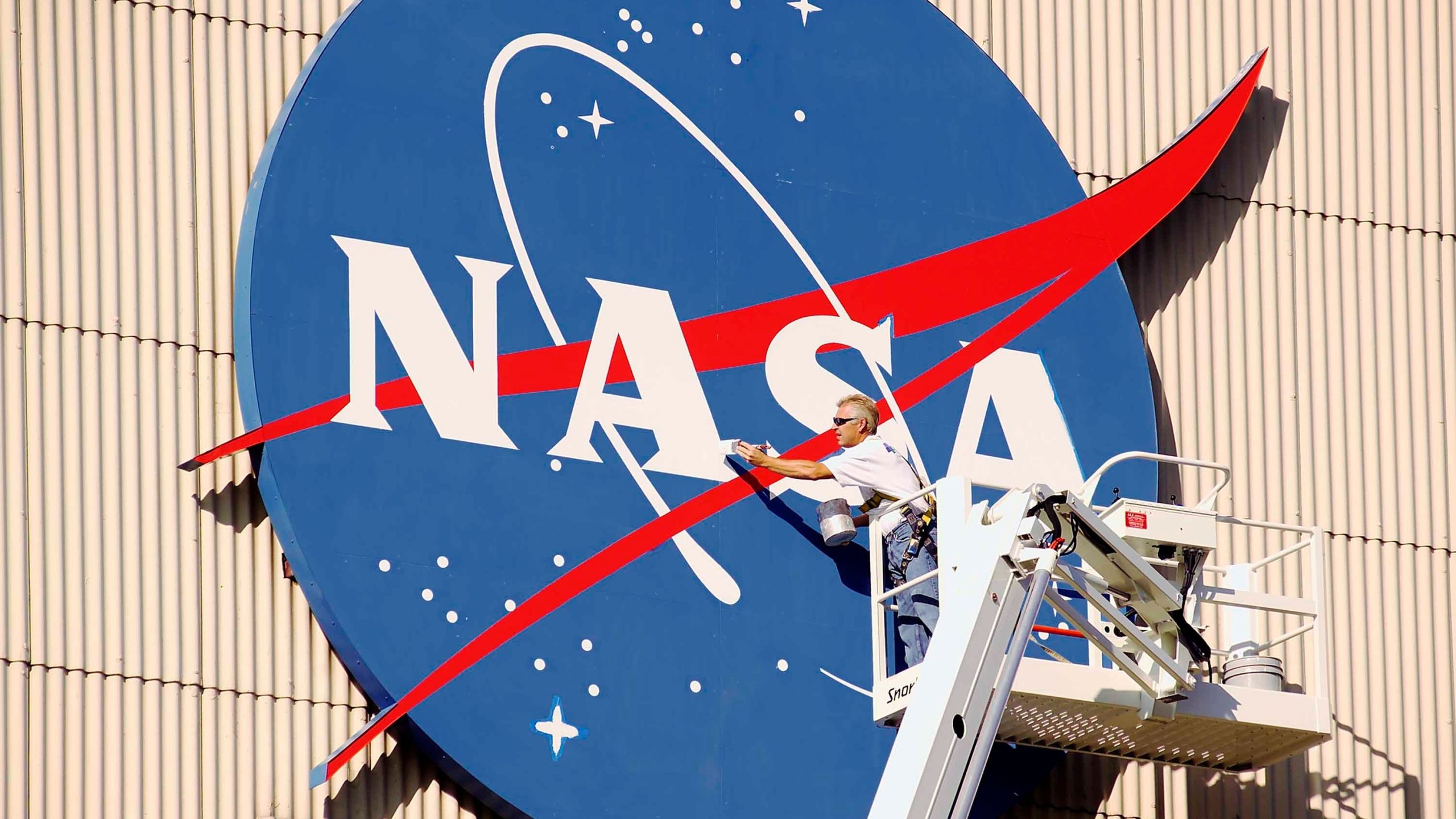The Biden Administration is urging NASA to establish a moon-based time standard as the world gears up for a new era of space exploration. This initiative is driven by the fact that time elapses slightly faster on the moon than on Earth, which could pose challenges for precision-based space missions.
The proposed time standard, Coordinated Lunar Time (LTC), is essential for ensuring the success of future multinational missions to the moon. With 36 nations currently involved as Artemis partners, coordinating time across different regions is crucial for effective communication and synchronization of operations.

NASA (Credits: Marca.com)
Unlike time zones on Earth based on Coordinated Universal Time (UTC), LTC would require a unique approach due to the moon’s gravitational and motion-related effects. Moon time passes about 56 microseconds faster each Earth day, leading to a time-keeping discrepancy between Earth and the moon.
The memo suggests deploying an ensemble of clocks on the moon to establish LTC, similar to how UTC is determined using atomic clocks worldwide. This approach would account for the varying time passage rates on Earth and the moon, ensuring accurate timekeeping for lunar missions.
More lightly, creating LTC would necessitate international agreements and cooperation among spacefaring nations. This step towards a unified time standard reflects the broader goal of fostering international collaboration in space exploration.
Michelle Hanlon, executive director of the Center for Air and Space Law at the University of Mississippi, emphasizes the importance of international collaboration in establishing LTC. With multiple nations aiming to land near the moon’s south pole, a standardized time system is crucial for efficient and harmonized space activities.

The Moon (Credits: Star Walk)
Hanlon highlights the shared values of peaceful space exploration and emphasizes the need for consensus on lunar timekeeping. By agreeing on how time will be measured on the moon, spacefaring nations can promote cooperation, free access, and the responsible use of space resources.
Finally, the creation of LTC represents a huge step towards international collaboration in space exploration, ensuring that diverse nations can work together effectively in pursuing scientific and exploratory endeavors on the lunar surface.























